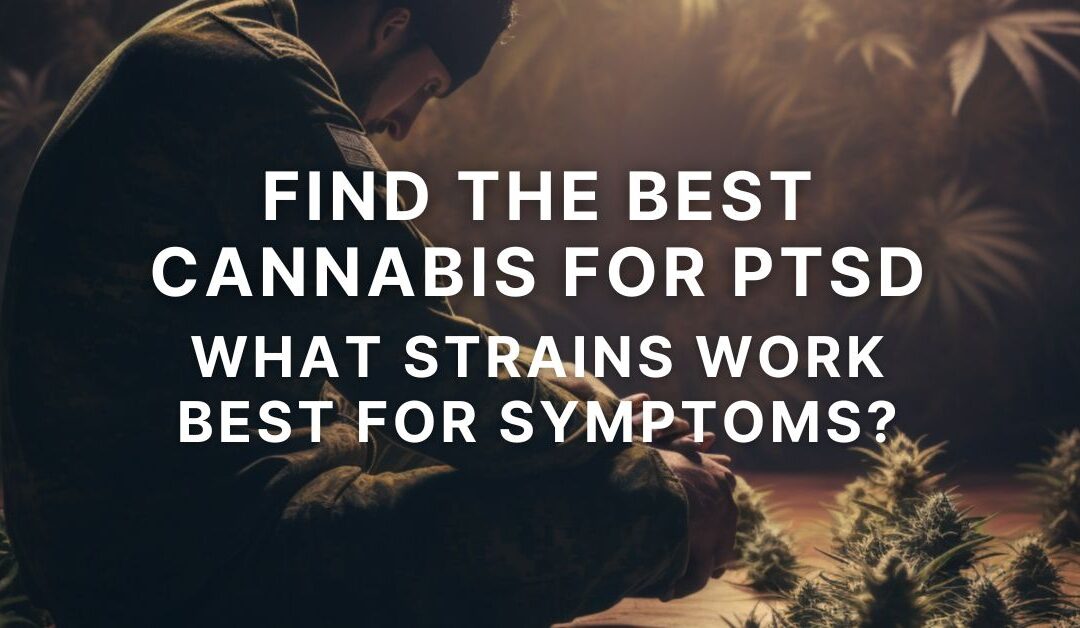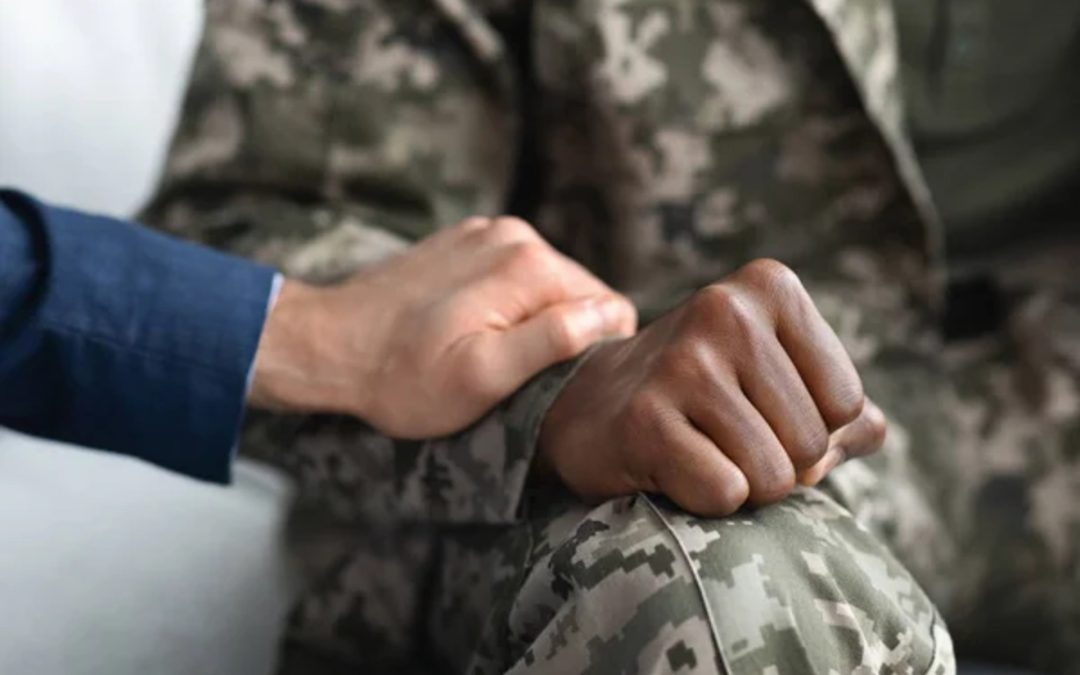Image Source – (A man dressed in a marijuana suit stands with mature marijuana plants at a marijuana legalization expo on June 10, 2022 in Buriram, Thailand. Lauren DeCicca—Getty Images)
With 11 nations and around 680 million inhabitants, Southeast Asia has a reputation for having the most stringent anti-drug regulations in the world. However, Thailand became the first nation in Asia this week to decriminalize marijuana for medical and other purposes, signaling that regional leaders are considering a new strategy. The Thai health minister made it clear to CNN that recreational marijuana use is still prohibited, but he anticipates economic growth from legal cannabis cultivation. Additionally, more than 3,000 inmates who had been held in Thai jails for crimes involving marijuana were released.
Gloria Lai, regional director of the International Drug Policy Consortium, claims that this, along with modifications made to Thailand’s Narcotics Code in December that included punishments other than jail for drug offenders, are indications that the nation is gradually renouncing its severe drug policies. According to Lai, the Thai government is aware of the issue of imprisoning so many individuals—the majority of whom are disadvantaged—for minor infractions.
Thailand’s changes are also being driven by economic gains. The nation boasts a climate that is ideal for cannabis cultivation and a well-established medicinal tourism sector. The illegal trafficking of marijuana into Thailand, especially from Laos, will probably come to a stop once it is legalized, according to Martin Jelsma, director of the Drugs & Democracy project at the Transnational Institute (TNI) in Amsterdam.
It will be extremely difficult to compete with well-established Canadian, U.S., and European companies who have already seized a significant portion of that global market, he says, adding that the hope is that Thai farmers and local businesses will be able to profit from the quickly expanding international medical cannabis market.
It would not be unusual for drug policy in Southeast Asia to be more lax. Many of the region’s strict drug laws date back to the colonial era, only to be tightened even further as part of an American-style drug war starting in the 1970s.
Given this background, Thailand’s plan to decriminalize marijuana is likely to spark more heated discussions over the region’s drug laws and opposition from certain ASEAN hardliners. Singapore has actively lobbied the U.N. against the legalization of cannabis in many areas of the world and has long championed the “drug-free ASEAN” objective, which was first proclaimed in 1998 as a target to be reached by 2015.
But Southeast Asia’s drug laws do not just apply to marijuana. Methamphetamine-related offenses account for the majority of drug-related prisoners in Thailand, and there are little indications of a softer stance against harsher narcotics.
According to a recent U.N. study, East and Southeast Asia saw the seizure of a record-breaking 171.5 tons of methamphetamine last year, including over a billion pills. With around three-quarters of the seizures occurring in the five Southeast Asian nations that the Mekong River passes through—Cambodia, Laos, Myanmar, Thailand, and Vietnam—this is seven times more seizures than were made ten years ago.
Due to this, according to Jelsma of the TNI, it is doubtful that marijuana and other narcotics will be regulated using a common Southeast Asian method. However, he thinks that in a region “so plagued by excessively repressive drug policies, the positive influence of Thailand’s recent policy changes on the regional debate is most welcome.”
Source: https://time.com/6187449/southeast-asia-drugs-thailand/









0 Comments